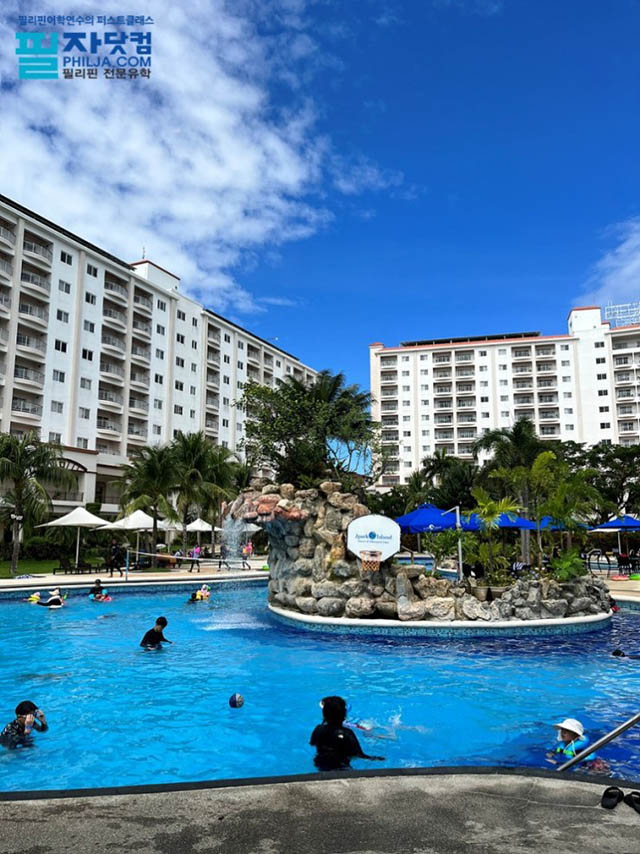
-
МјРЇСІИёСЖШИМі
-
 gabi АЁКё(night РњГс) gusto БИНКЖЧ(want ПјЧЯДй) buk
gabi АЁКё(night РњГс) gusto БИНКЖЧ(want ПјЧЯДй) buk 9,152
9,152 -
 ЕћАЅ
ЕћАЅ 9,123
9,123 -
 Some phrases in Cebuano using pronouns translated into
Some phrases in Cebuano using pronouns translated into 9,093
9,093 -
 How long in Tagalog8,950
How long in Tagalog8,950 -
 School Supplies in Tagalog8,707
School Supplies in Tagalog8,707 -
 Poem : How do I love thee? ( Gaano kita Iniibig?)8,695
Poem : How do I love thee? ( Gaano kita Iniibig?)8,695 -
 Paru-Parung Bukid song8,448
Paru-Parung Bukid song8,448 -
 KAHIT SAAN- WHEREVER8,345
KAHIT SAAN- WHEREVER8,345 -
 Names of Different kind of Clothing translated from Ceb8,093
Names of Different kind of Clothing translated from Ceb8,093 -
 \"Ako ay Plipino\" Song in translated in English versi8,042
\"Ako ay Plipino\" Song in translated in English versi8,042
What is Tagalog?
The Philippines is a country with a population of about 97 million. A citizen of the Philippines is called a Filipino.
Filipinos are not one ethnic group. Among the large ethnic groups in the Philippines are the Ilocano, Cebuano,
Kapampangan, Pangasinense, Bicolano and Tagalog.
Tagalog is the name of an ethnic group in the Philippines. The language they speak is Tagalog.
The Tagalogs (the Tagalog people) speak the Tagalog language. Likewise, the Ilocanos speak the
Ilocano language, and the Pangasinense speak the Pangansinan language. These are all very different language
s; they are not just dialects.
Many of the Tagalog people live near Manila, the political and economic capital of the Philippines. When the 1935 constitution was drafted by government officials, they selected Tagalog as the basis of the national language.
In order not to slight the other ethnic groups, the national language was not called Tagalog, but Pilipino.
The national language (Filipino) is supposed to include not only words from Tagalog, but also from other
Philippine and foreign languages.
In the Tagalog language, there is no phoneme "f." Until recently, many Filipinos had a difficult time pronouncing "f." When Filipinos say "fantastic," it may come out as "pantastik."
Those Filipinos who have been exposed to the sound at an early age through the media or education have no
problem with pronunciation. In fact, a marker of your social class in the Philippines is your ability to pronounce
words. If you go to Manila and slip on the "f" then you're labelled probinsyano (from the provinces; provincial).
Because the Philippines had a long history under the rule of the Spanish and the Americans, both of which had
non-native letters and sounds such as "f" and "z" and "v" Filipinos use foreign words (especially English and
Spanish) on a regular basis. There are many concepts that are more familiar to Filipinos in their English form
than in the Tagalog translation.
For example: on a television quiz show, the contestants were asked what the native Tagalog word for 'magnet' was. Everyone understood the English word 'magnet' but only the educated ones knew that the Tagalog word for magnet was batubalani.
In another example, Filipinos have no problem understanding the English word "manager" — they use it all the
time. But companies and even the U.S. government provide Tagalog documents that use the word "tagapamahala" or "tagapangasiwa" in a forced translation. Filipinos actually have a tough time determining which job title the
Tagalog translation is referring to. They prefer the English word, although they may pronounce it as "manedyer."
If you listen closely to Filipinos having a conversation, you'll realize that more than half the words are in English, only that they pronounce it the Filipino way. And of course, the grammatical structure remains that of Tagalog.
There are very few Tagalog purists left who want to purge the Filipino language of its foreign elements. It's just
not practical and it denies the reality of Philippine history.
- ЁЄfYGbJbhcBF

- ЁЄfYGbJbhcBF

- ЁЄfYGbJbhcBF

- ЁЄfYGbJbhcBF

- ЁЄfYGbJbhcBF

- ЁЄfYGbJbhcBF

- ЁЄfYGbJbhcBF

- ЁЄfYGbJbhcBF

- ЁЄfYGbJbhcBF

- ЁЄfYGbJbhcBF

- ЁЄfYGbJbhcBF

- ЁЄfYGbJbhcBF

- ЁЄfYGbJbhcBF

- ЁЄfYGbJbhcBF

- ЁЄfYGbJbhcBF




- ЁЄKEVfKqeZoG

- ЁЄKEVfKqeZoG

- ЁЄKEVfKqeZoG

- ЁЄKEVfKqeZoG

- ЁЄKEVfKqeZoG

- ЁЄKEVfKqeZoG

- ЁЄKEVfKqeZoG

- ЁЄKEVfKqeZoG

- ЁЄKEVfKqeZoG

- ЁЄKEVfKqeZoG

- ЁЄKEVfKqeZoG

- ЁЄKEVfKqeZoG

- ЁЄKEVfKqeZoG

- ЁЄKEVfKqeZoG

- ЁЄKEVfKqeZoG




- ЁЄqpvwYmzPrC

- ЁЄqpvwYmzPrC

- ЁЄqpvwYmzPrC

- ЁЄqpvwYmzPrC

- ЁЄqpvwYmzPrC

- ЁЄqpvwYmzPrC

- ЁЄqpvwYmzPrC

- ЁЄqpvwYmzPrC

- ЁЄqpvwYmzPrC\'\"\\(

- ЁЄqpvwYmzPrCщ\'\"\\(

- ЁЄqpvwYmzPrC

- ЁЄqpvwYmzPrC

- ЁЄqpvwYmzPrC

- ЁЄqpvwYmzPrC

- ЁЄqpvwYmzPrC














 ЧЪРкДхФФ ОпАЃЛѓДу ПРЧТ
ЧЪРкДхФФ ОпАЃЛѓДу ПРЧТ 11ГтПЌМг МвКёРкИИСЗ 1РЇ
11ГтПЌМг МвКёРкИИСЗ 1РЇ
 ГЛАд ИТДТ ОюЧаПј УЃБт
ГЛАд ИТДТ ОюЧаПј УЃБт
 ИЎОѓ ЧаБГ ЙцЙЎБт
ИЎОѓ ЧаБГ ЙцЙЎБт
 СжИЛПЁ ГЛАЁ ОЕ КёПыРК?
СжИЛПЁ ГЛАЁ ОЕ КёПыРК? УжАэАЁМККё РЬКЅЦЎ СёБтБт
УжАэАЁМККё РЬКЅЦЎ СёБтБт
 ЧіСіПЁМЕЕ ЧЪРкДхФФ!
ЧіСіПЁМЕЕ ЧЪРкДхФФ! ЧіСіПЁМ АЁДЩЧб
ЧіСіПЁМ АЁДЩЧб









 ЧЪРк ЦЏБо Ч§ХУ! ФСНУОюСі МКёНК
ЧЪРк ЦЏБо Ч§ХУ! ФСНУОюСі МКёНК



 АЁСЗПЌМіЗЮ ДйЧдАд ОзЦМКёЦМ
АЁСЗПЌМіЗЮ ДйЧдАд ОзЦМКёЦМ





























